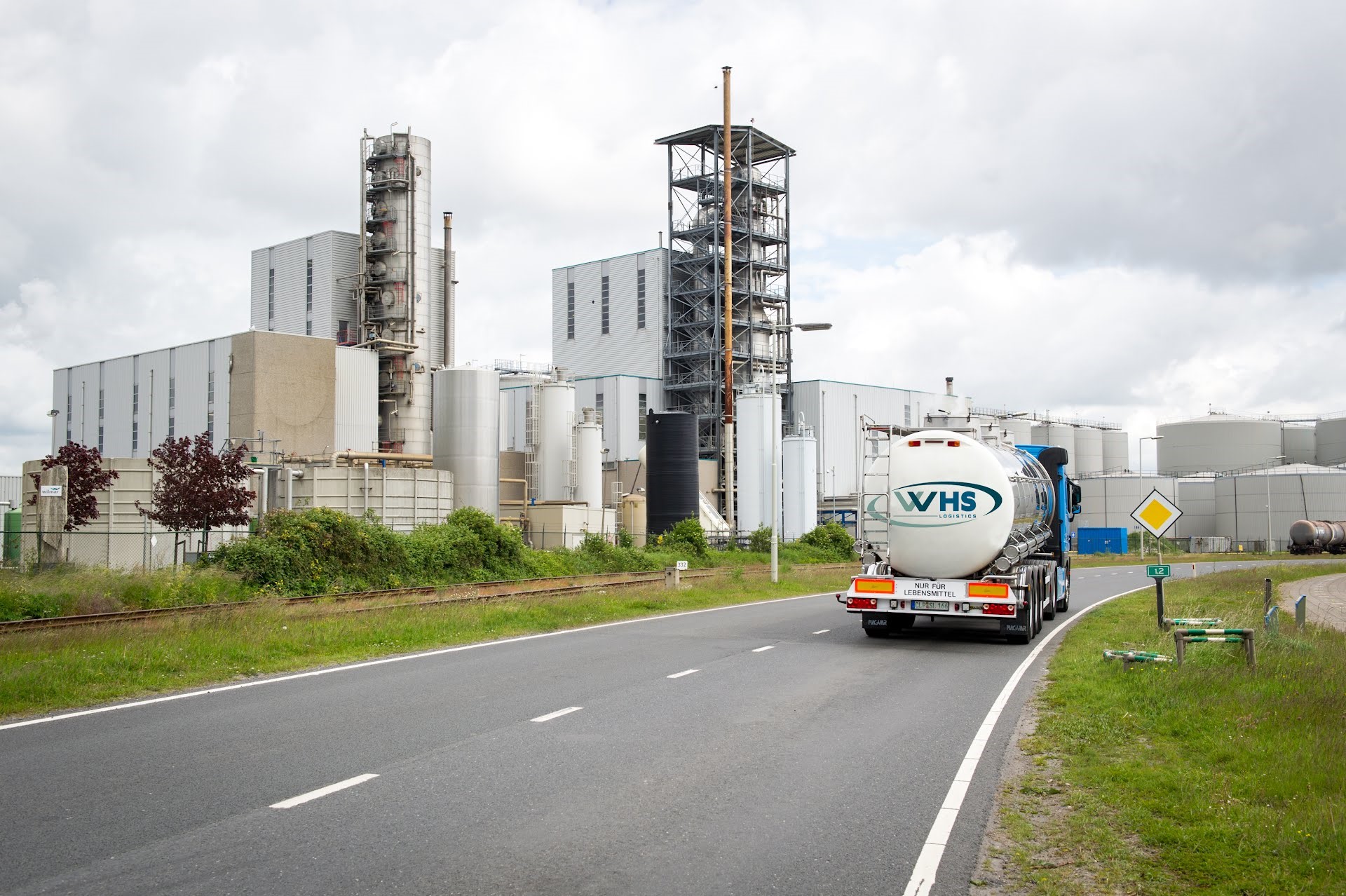Fourth-party logistics (4PL) service provider WHS Logistics has announced a new partnership with BigMile, a leading supplier of software for calculating and analysing transport-related CO2 emissions. “As a control tower, we are the linking pin between shippers, carriers and producers in the liquid bulk supply chain. Because we are at the heart of the supply chain, we are able to provide targeted advice about possible reductions in the carbon footprint,” says Bas Pilon, General Manager of WHS Logistics.
WHS supports its customers with a ‘one-stop-shop’ concept covering the total supply chain process for liquid bulk transport in Europe. The 4PL offers services for procurement, planning, execution, invoicing, health & safety and data analysis, all with a focus on liquid bulk, which includes food, feed and technical liquid bulk (commodities). WHS works with hundreds of partners, from shippers and carriers to end customers.
WHS has now chosen to work with BigMile Carbon Analytics to gain reliable CO2 calculations based on the internationally acknowledged GLEC framework. “Many of our clients are multinationals. As of 2023, these organizations will have to report on their environmental and social impact and start paying CO2 taxes. In fact, more and more clients and end customers are already asking us for CO2 reports. Thanks to BigMile, we are prepared for this,” continues Pilon.
According to Pilon, the fact that WHS will be providing insights into the CO2 emissions of the transport movements offers advantages for multiple parties: “Besides getting visibility into our own total carbon footprint, we can also see which lanes are highly polluting. We can then use this information to help our partners – e.g. customers and carriers – to make improvements. In order to optimally reduce emissions and look for alternatives, we need to consider this triangle. Not only all three parties – customers, carriers and ourselves – but also the end customers will benefit from this.”
GLEC method
So why did WHS select BigMile? “Because we do a lot of work for multinationals, we felt it was very important to work with a party that is accredited according to the GLEC method. This is a globally recognized methodology for measuring greenhouse gas emissions from different modes of transport,” explains Pilon.
Sven Poot, Business Development Manager at BigMile, comments: “WHS Logistics can achieve synergy benefits by combining different customers’ transport flows. Thanks to BigMile’s interactive platform, WHS now also has insight into the related CO2 emissions so that this can also be a factor when choosing transport, in addition to cost and delivery time. This can be an extra stimulus for a modal shift or another more sustainable solution. In practice, it will become increasingly clear that sustainability and efficiency often go hand in hand.”

